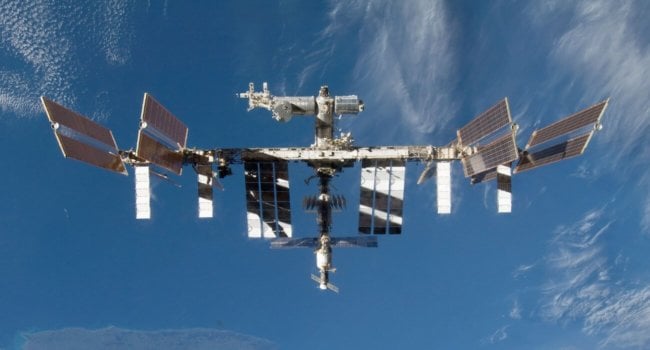
According to the publication Frontiers in Microbiology, a group of researchers from Denmark, Germany, USA and Brazil managed to grow on the International space station, a colony of bacteria, which was not only more adapted to life than on Earth, but also got some other special properties.
In the experiment, the scientists simultaneously on Earth and on the ISS began to grow E. coli (Escherichia coli). Colonies of bacteria are regularly “fed” the same dose of antibiotic (gentamicin sulphate). It turned out that the amount of antibiotic, which on Earth is enough to destroy the entire bacteria colony, in orbit of Escherichia coli almost no effect. When the experts tried to figure out what’s the matter, they found out that the size of cells of E. coli bacteria with the ISS was on average 73% less than that of earthly brethren. Meanwhile, the number of sticks in the same amount was in space 13 times higher than on Earth.
But the most interesting discovery was waiting for scientists to come: the “space” of Escherichia coli formed a similar biofilm accumulation, in which bacteria exchanged vials of signaling molecules. According to the experts, thus the bacteria located on the periphery of the colony, was “sacrificed” to save others from the destructive effects of the drug. This behavior explains the increased resistance of bacteria to the ISS to the action of gentamicin sulfate. Was found and the explanation for the extremely small size of bacteria in low gravity conditions hampered the distribution of molecules. So that nutrients are fed the cell, its volume decreases.
The researchers note that in low gravity conditions, despite the increase in survival rate, reproduction rate of bacteria is significantly reduced. In addition, as scientists say, the study of bacteria in space will help to reveal new features of their biochemistry.
Bacteria grown on ISS were more tenacious than earth
Vladimir Kuznetsov